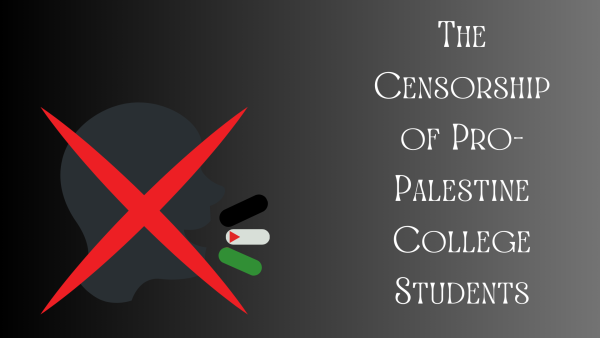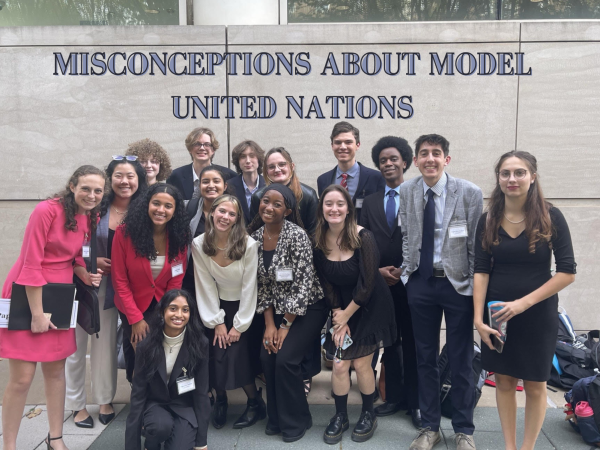MLB commissioner sends message with Chapman suspension
March 4, 2016
When reports leaked that a domestic violence investigation involved MLB star closer Aroldis Chapman, the sports world turned its head in anticipation for commissioner Rob Manfred’s first true test. The MLB, like most sports organizations, traditionally turns a blind eye from domestic violence issues, but Manfred took a rightful stand that sets a precedent for all of professional sports.
Manfred suspended the flamethrowing pitcher 30 games on March 1 after allegedly choking his girlfriend and firing eight gun shots at their garage door on October 30, the first domestic violence suspension in MLB history despite the likes of Milton Bradley and other former players involved in such scandals. Although Chapman adamantly denies that he hurt her, he understands that, “I should have exercised better judgment with respect to certain actions, and for that I am sorry.”
People around the league accused Manfred’s ruling as not strict enough, but in actuality it worked perfectly for the situation at hand.
At 30 games, Chapman agrees not to appeal, a win for the MLB. A larger suspension certainly prompts a fight, always involving a grueling, extended period that ends poorly for both sides. Without one, the entire process results quicker and as painless as possible.
The average fan does not realize just exactly what happened when the Cincinnati Reds traded Chapman to the Yankees, but the deal actually proves crucial to the entire situation.
Before the Yankees and Reds struck a deal, and even before Chapman’s investigation garnered attention, Cincinnati and the Los Angeles Dodgers agreed to terms acquiring the closer.
The report broke ground around the league and seemed inevitable, but fell through because only hours later his domestic violence incident came to light. The Dodgers pulled out from the trade and the Reds received criticism for trying to ship him off without alerting the other team about an ongoing investigation.
Chapman’s stock rightfully plummeted, and the Yankees swooped in and offered below-market value to one of the best closers in the MLB.
With one year left on his contract, almost anything over a 30-game suspension adds another year to his contract, prolonging his free agency and ultimately benefitting the Yankees. By keeping his free agent eligibility, Manfred essentially punishes the Yankees for taking advantage of a situation like this and cautions other teams on pursuing similar endeavors.
While fans, analysts, and others argue for a longer suspension because Chapman himself still benefits from free agency and even changing to a more successful team than the lowly Reds, the 30 games Chapman misses diminishes his value. Anyone with a distractor like a domestic violence investigation loses trust, money ($2 million this year plus lost money for future contracts), and job safety. Chapman earned his punishment, but Manfred’s decision affects every possible aspect in hopes of prevention for future encounters.
While former commissioner Bud Selig did not punish players and let them run amok through other domestic violence accusations, steroid scandals, and other suspension-worthy deeds, Manfred sends a message to not only the MLB, but every other professional sport in order to stop the epidemic that ruins careers, images, and most importantly, lives.



















